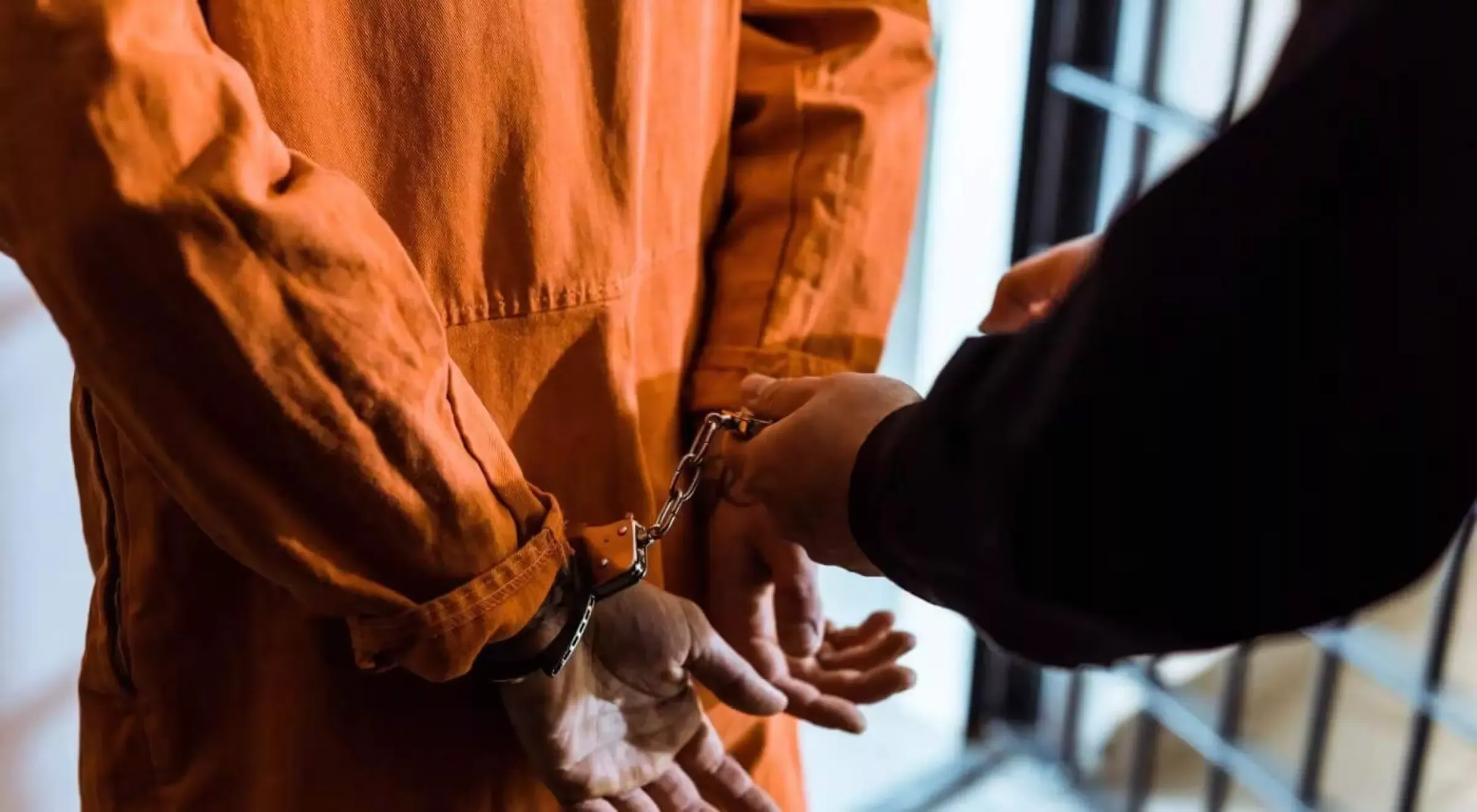If the witness uses a Privately Owned Vehicle (POV) for their convenience, they will be paid as if they traveled by common carrier. However, if the presiding officer of the Court or the Clerk of the Court authorizes the use of a Privately Owned Vehicle, then a reasonable minimum daily travel distance is 300 miles one way. If a witness leaves their residence earlier than necessary, they will be paid only for the travel time to the court city.
If the witness wishes to commute to and from home, and it is more expensive than obtaining lodging in the court city, then the witness will be paid whichever is lesser to the government.


